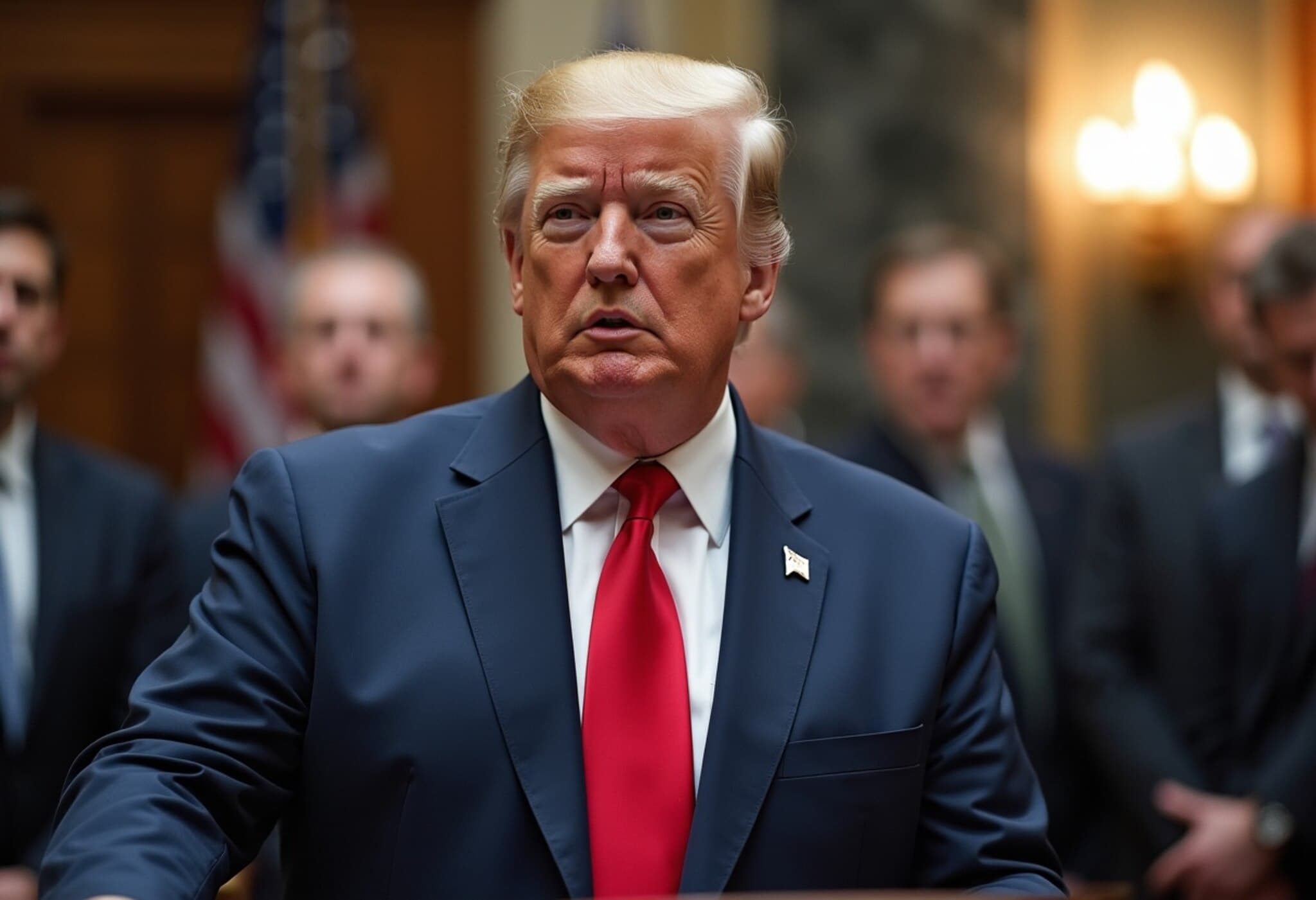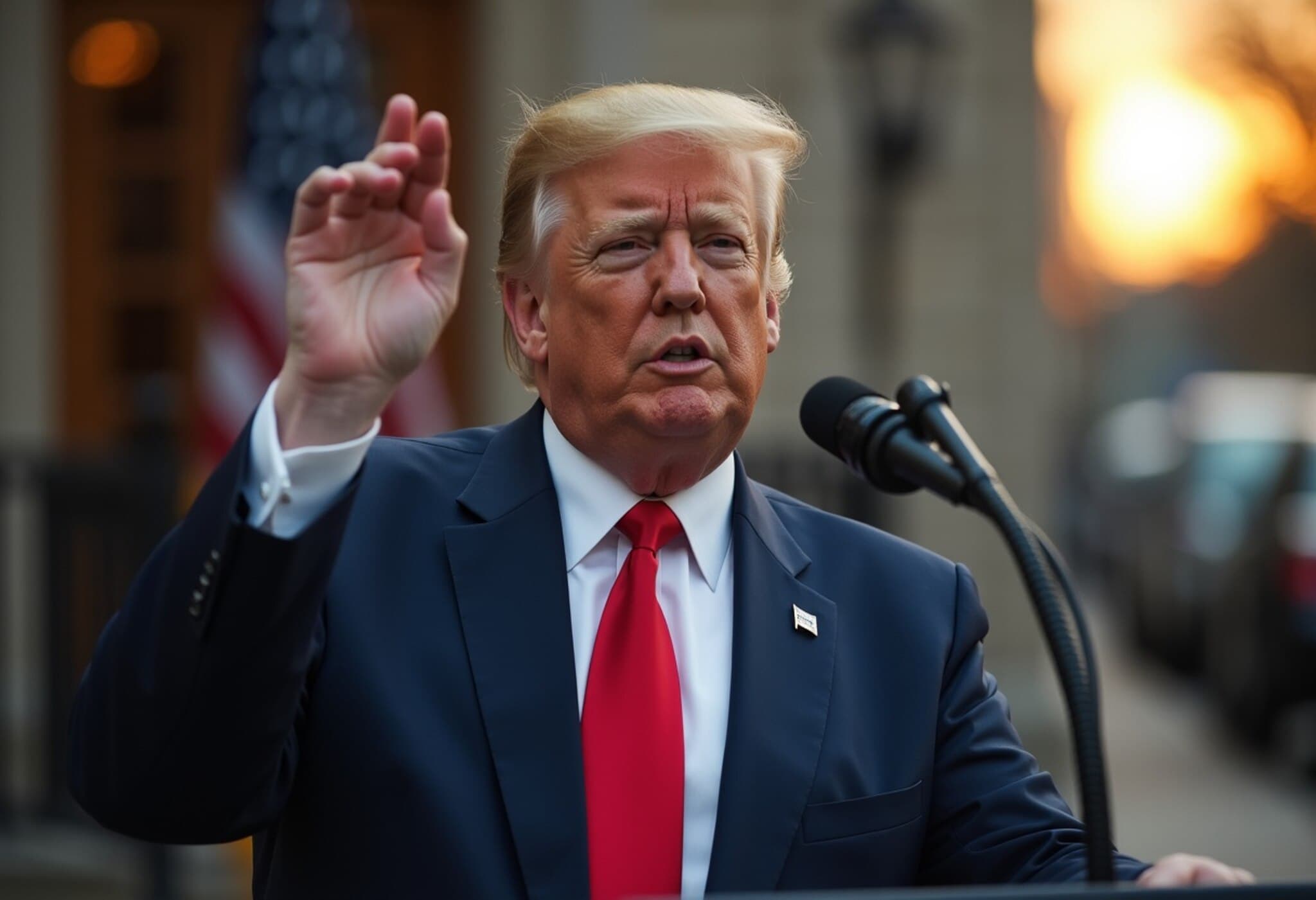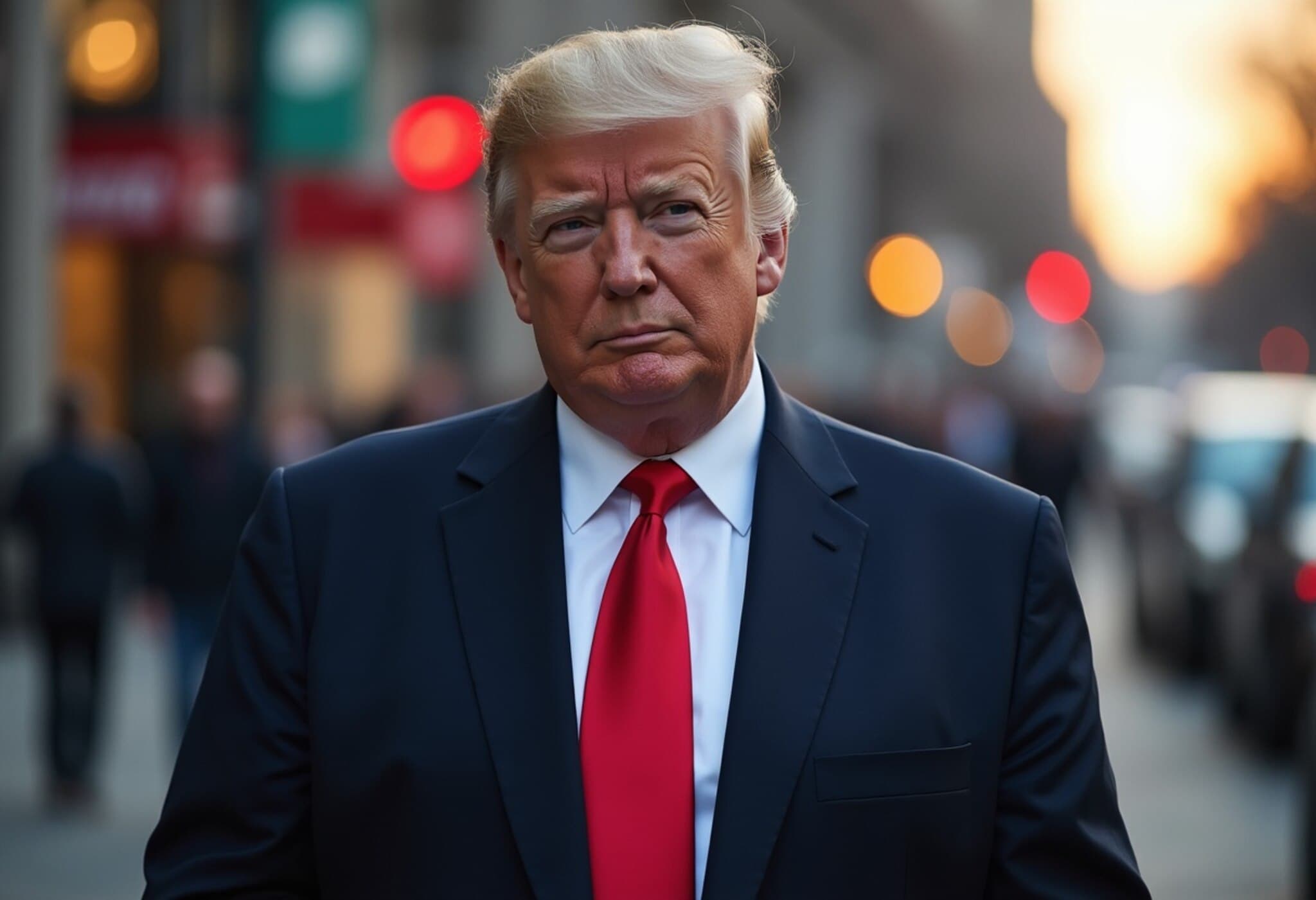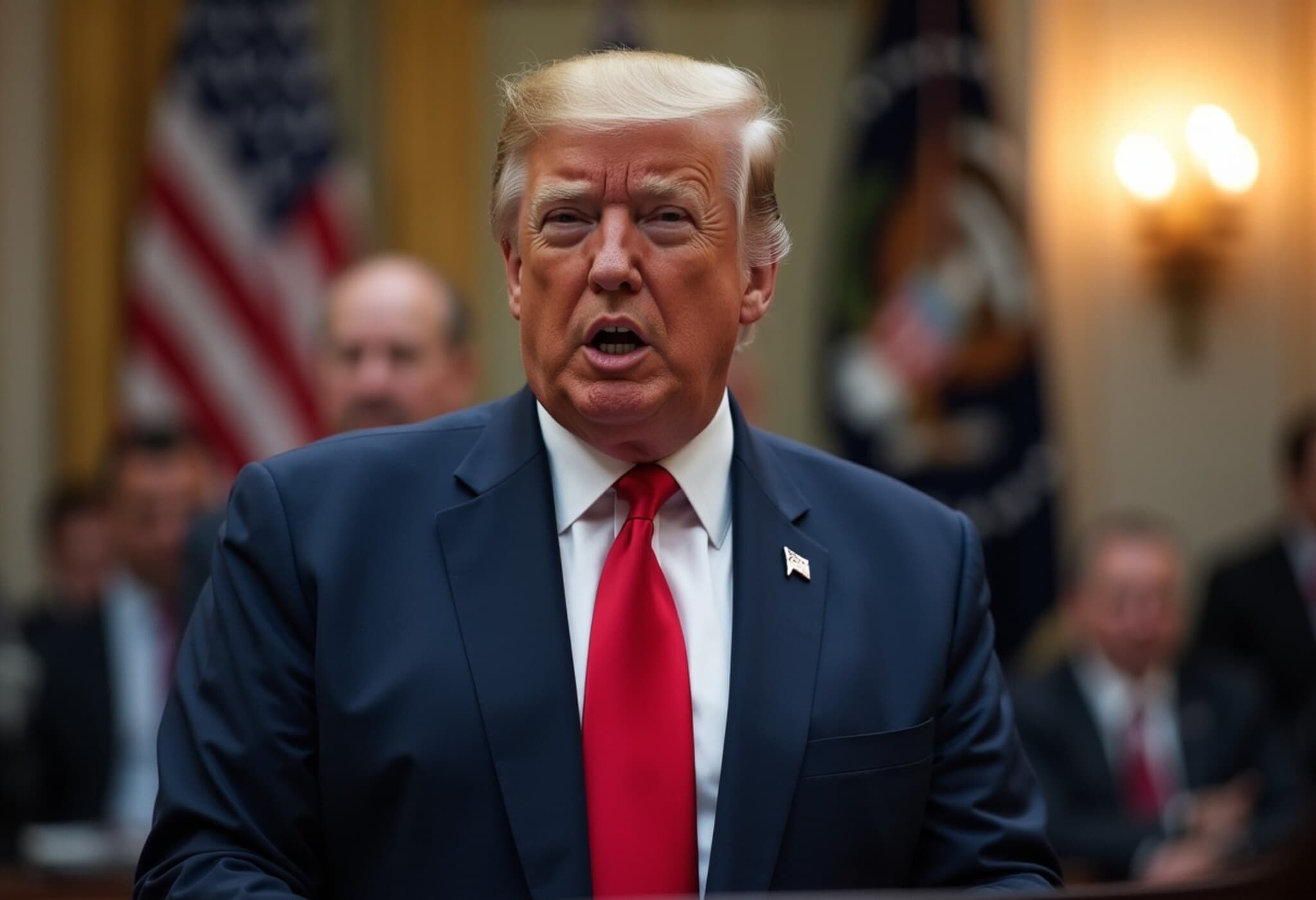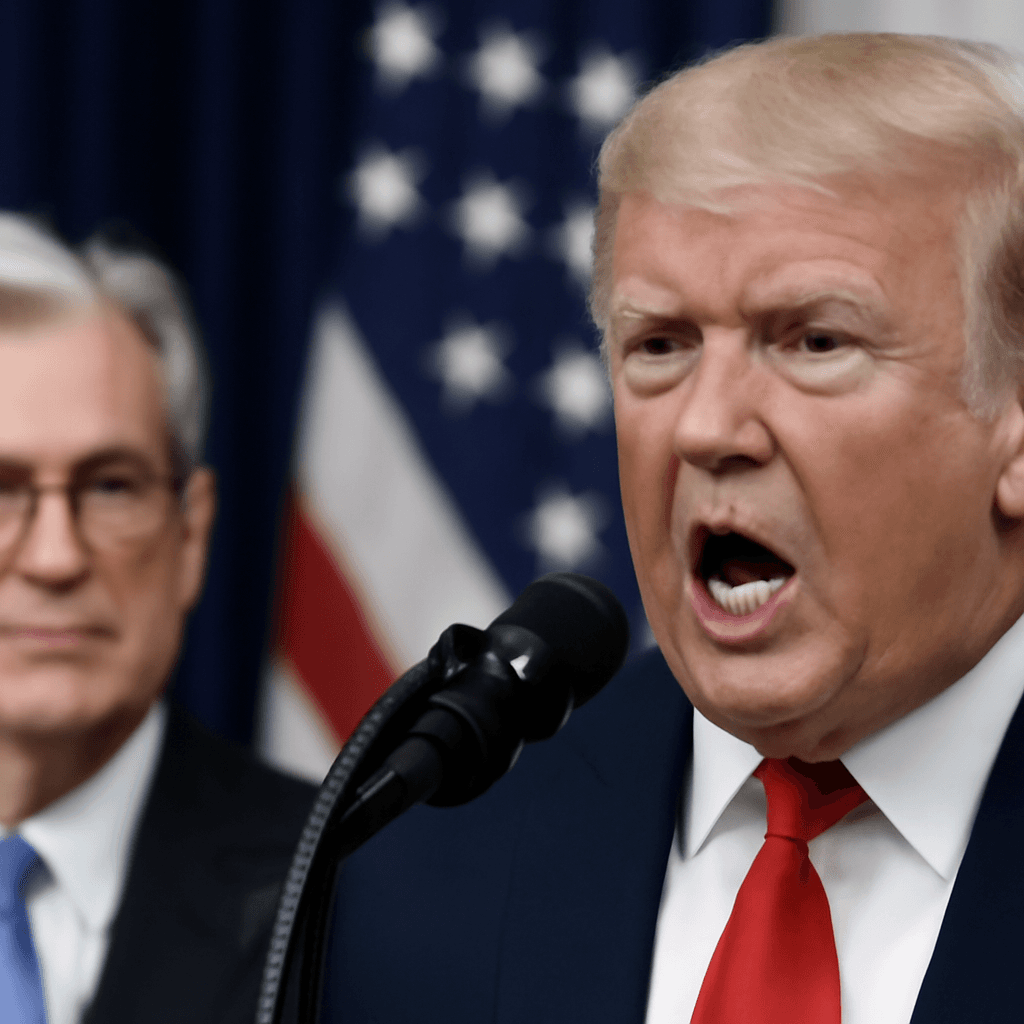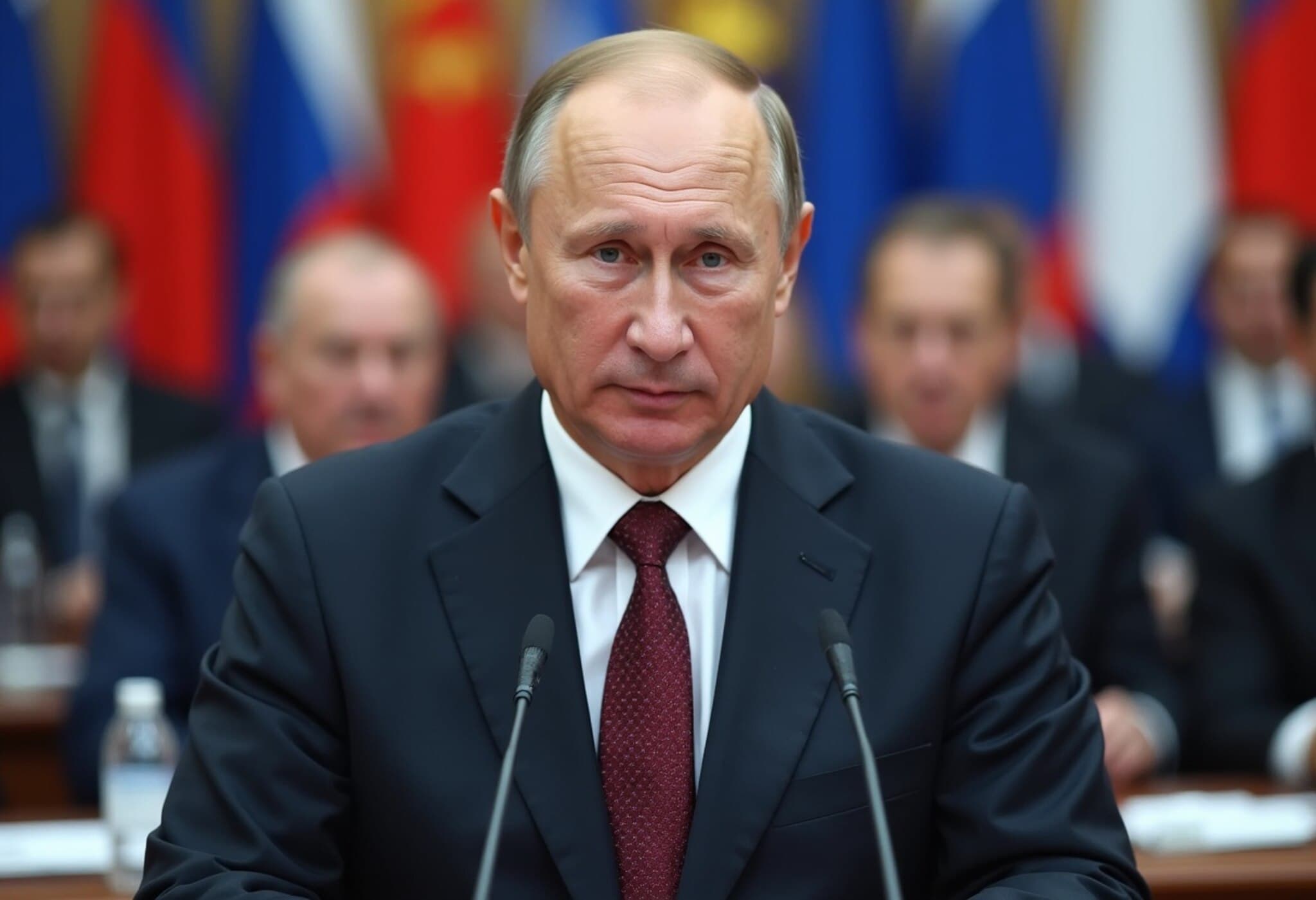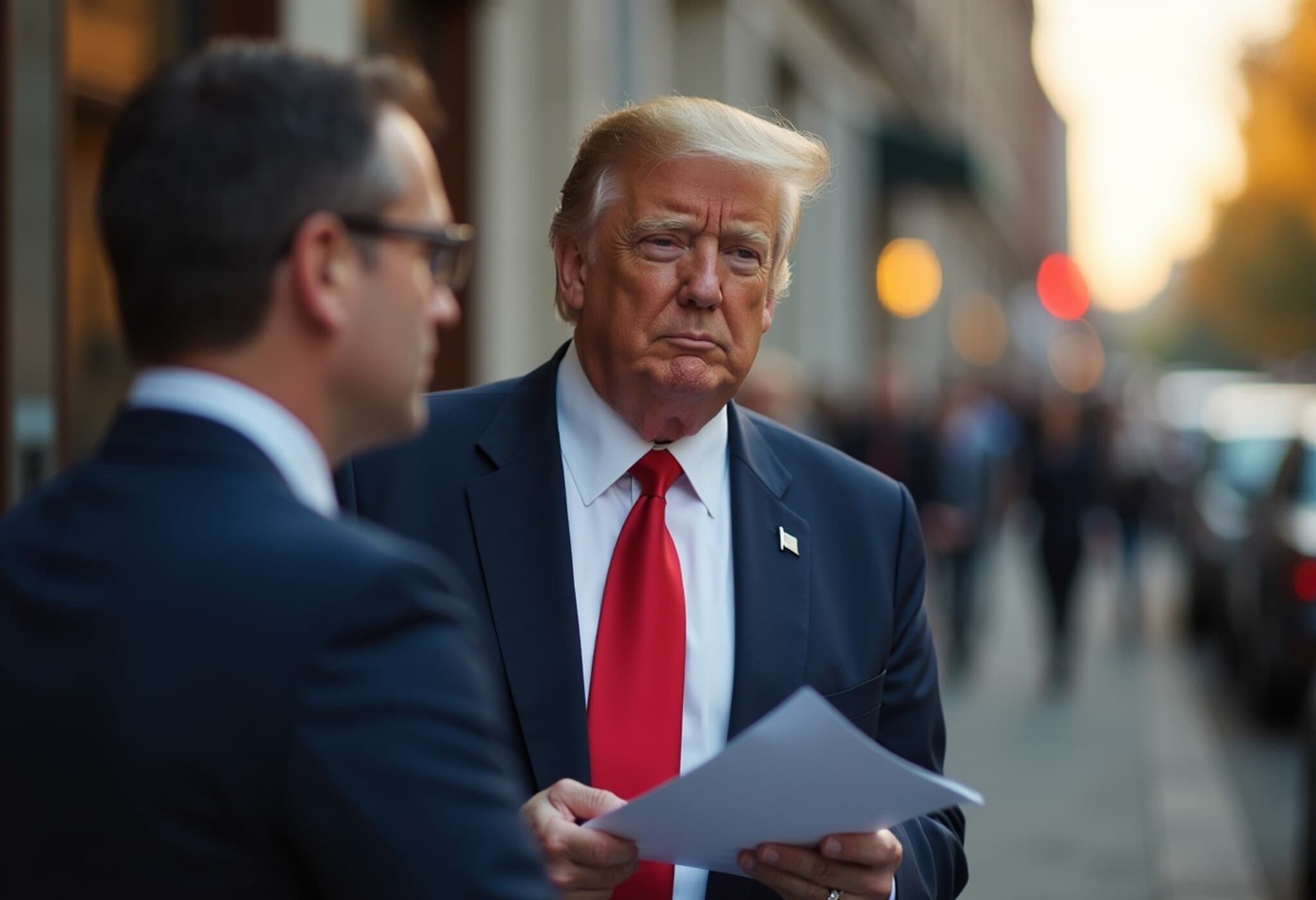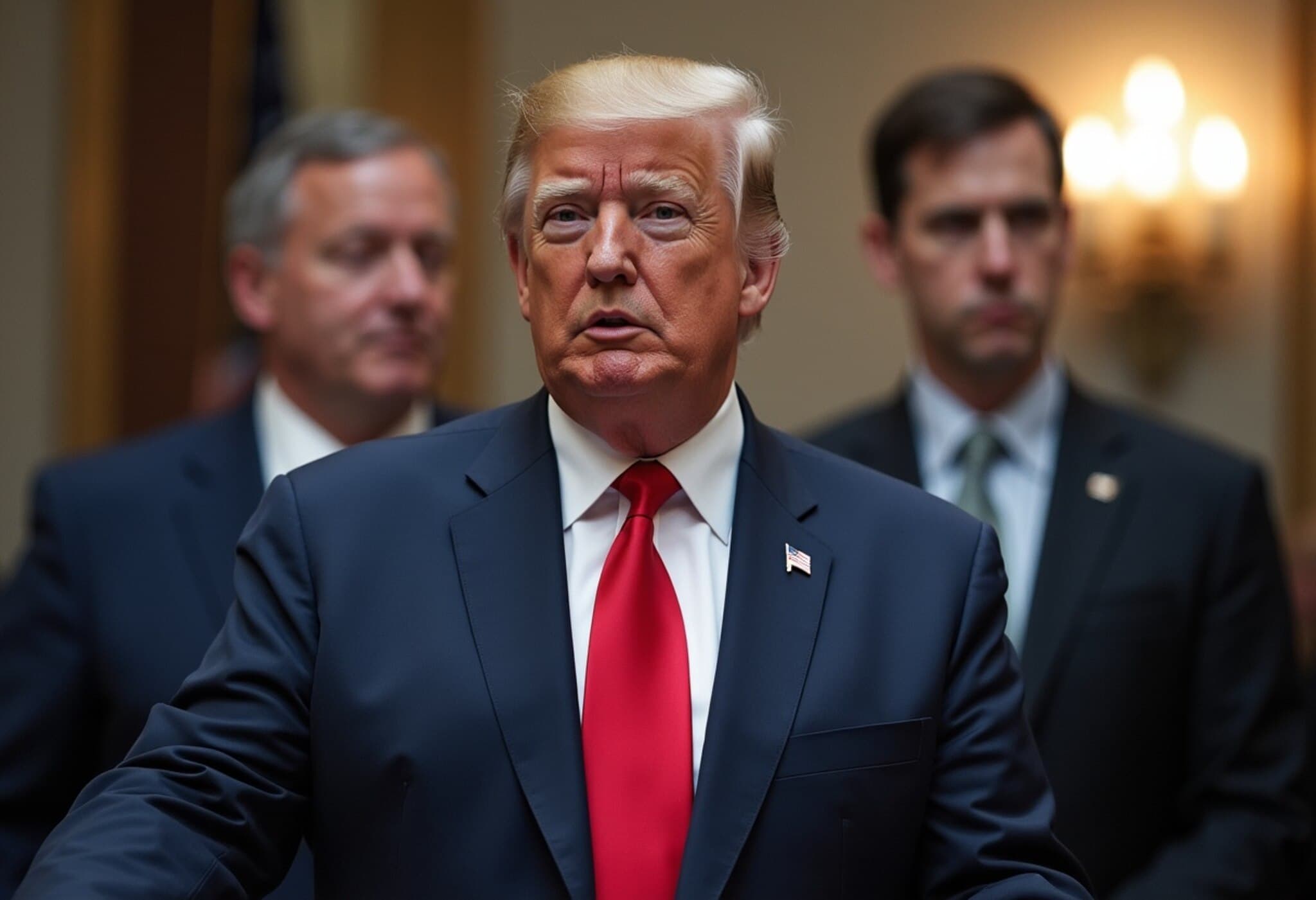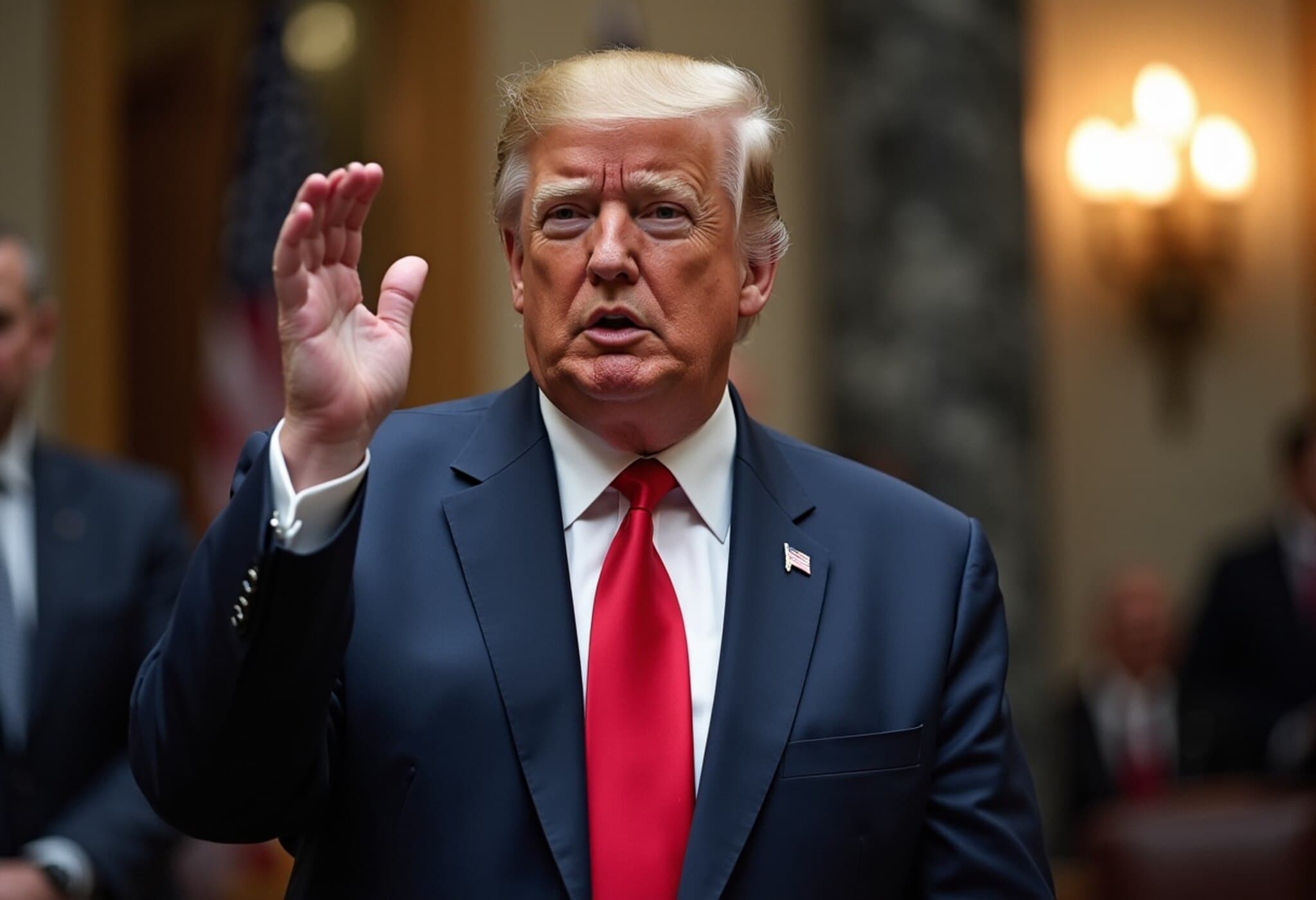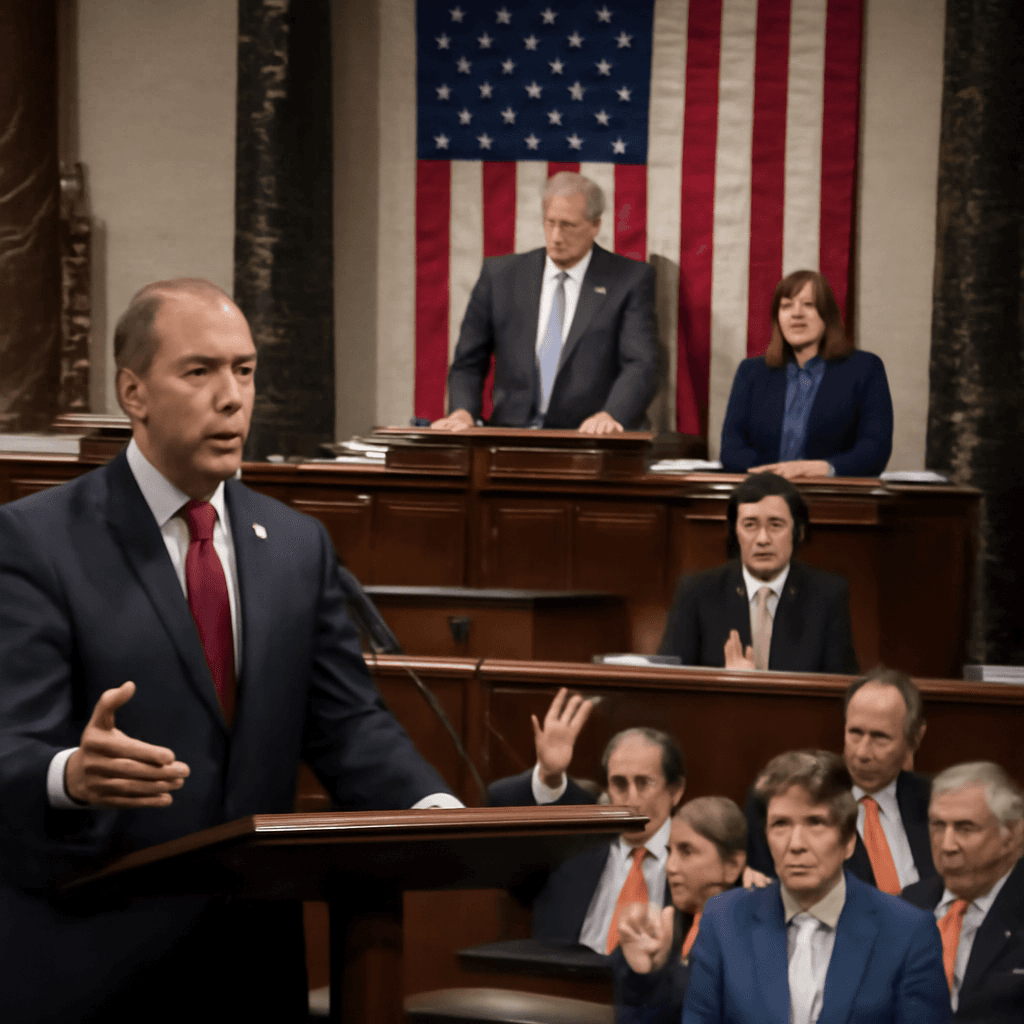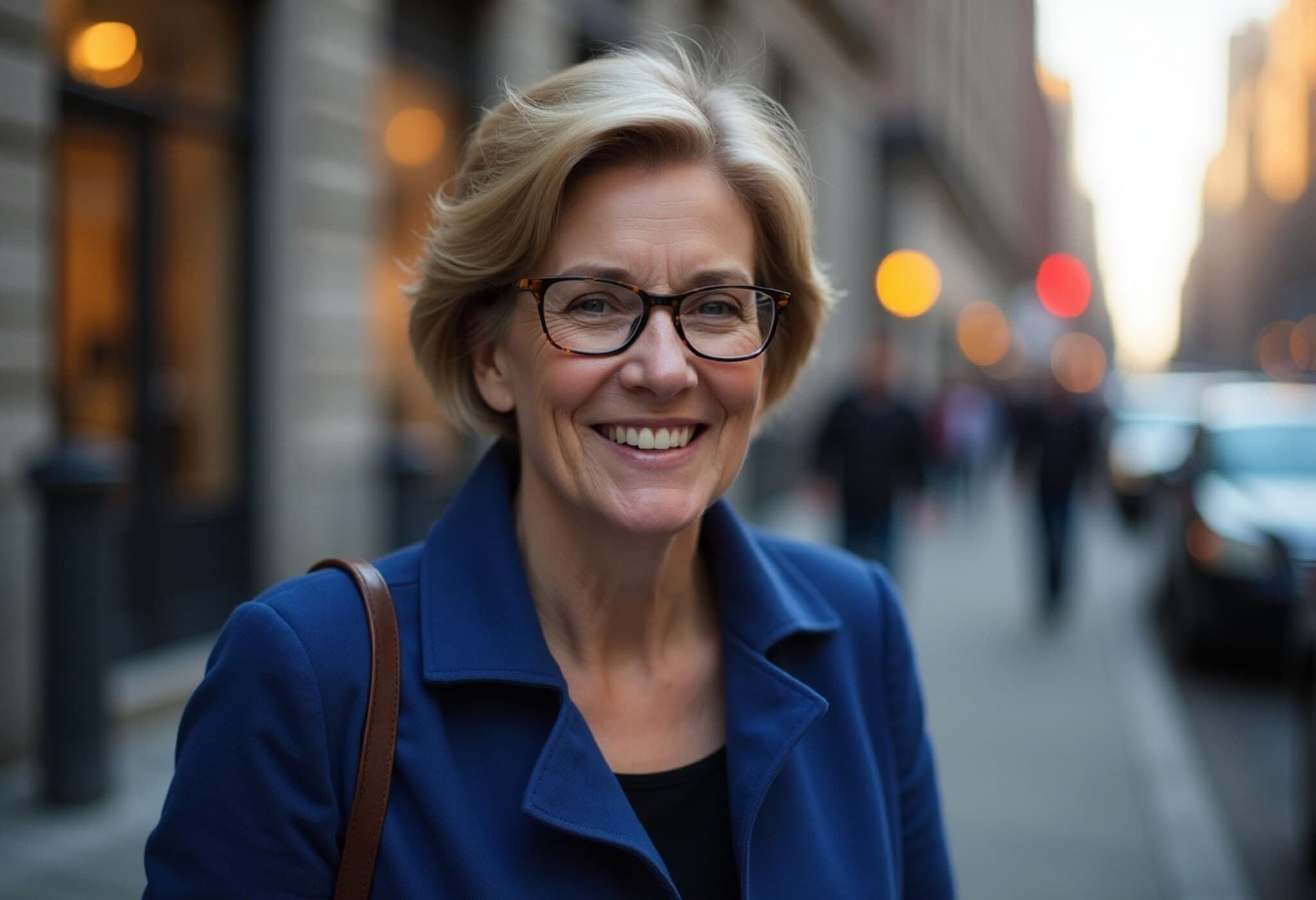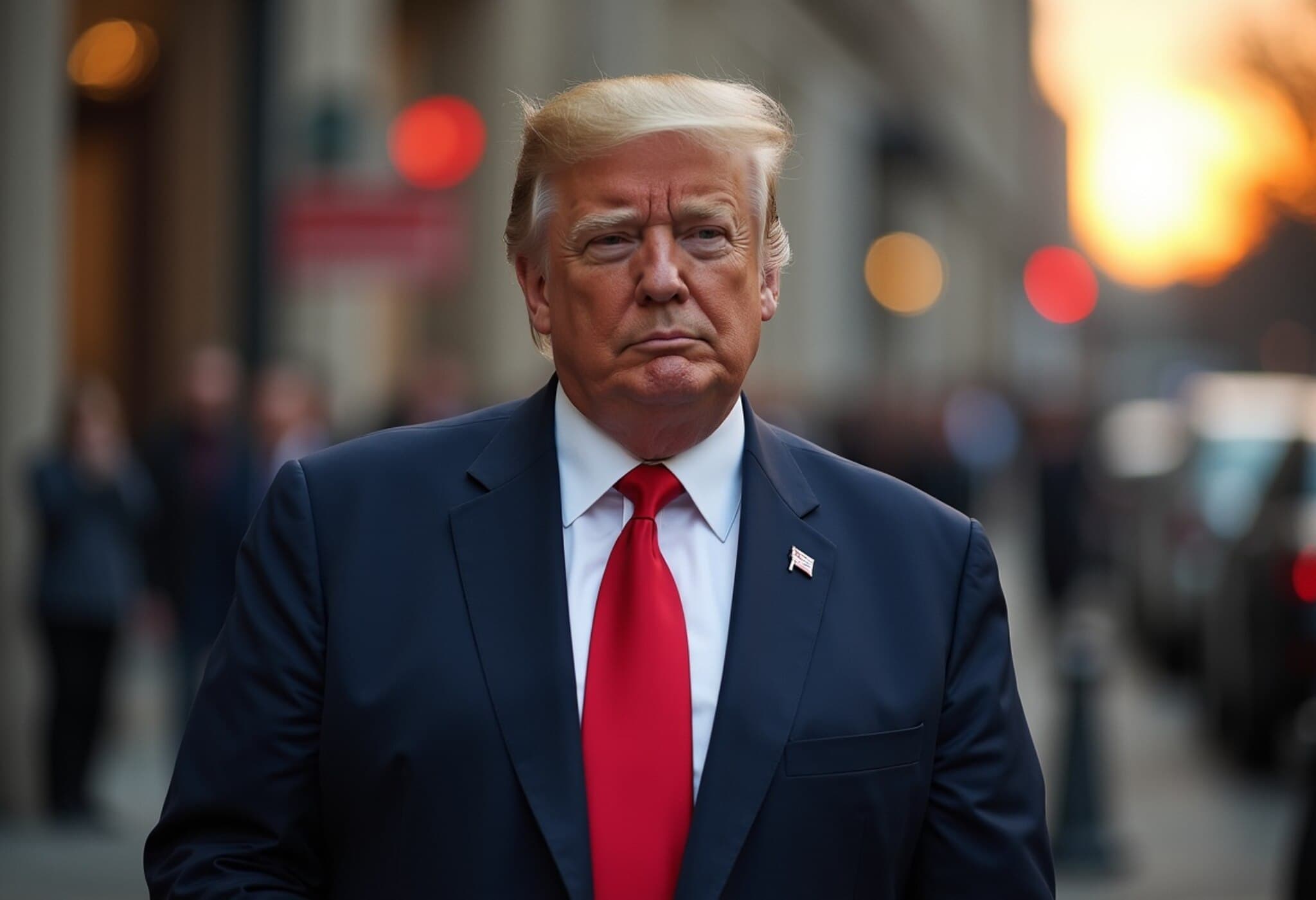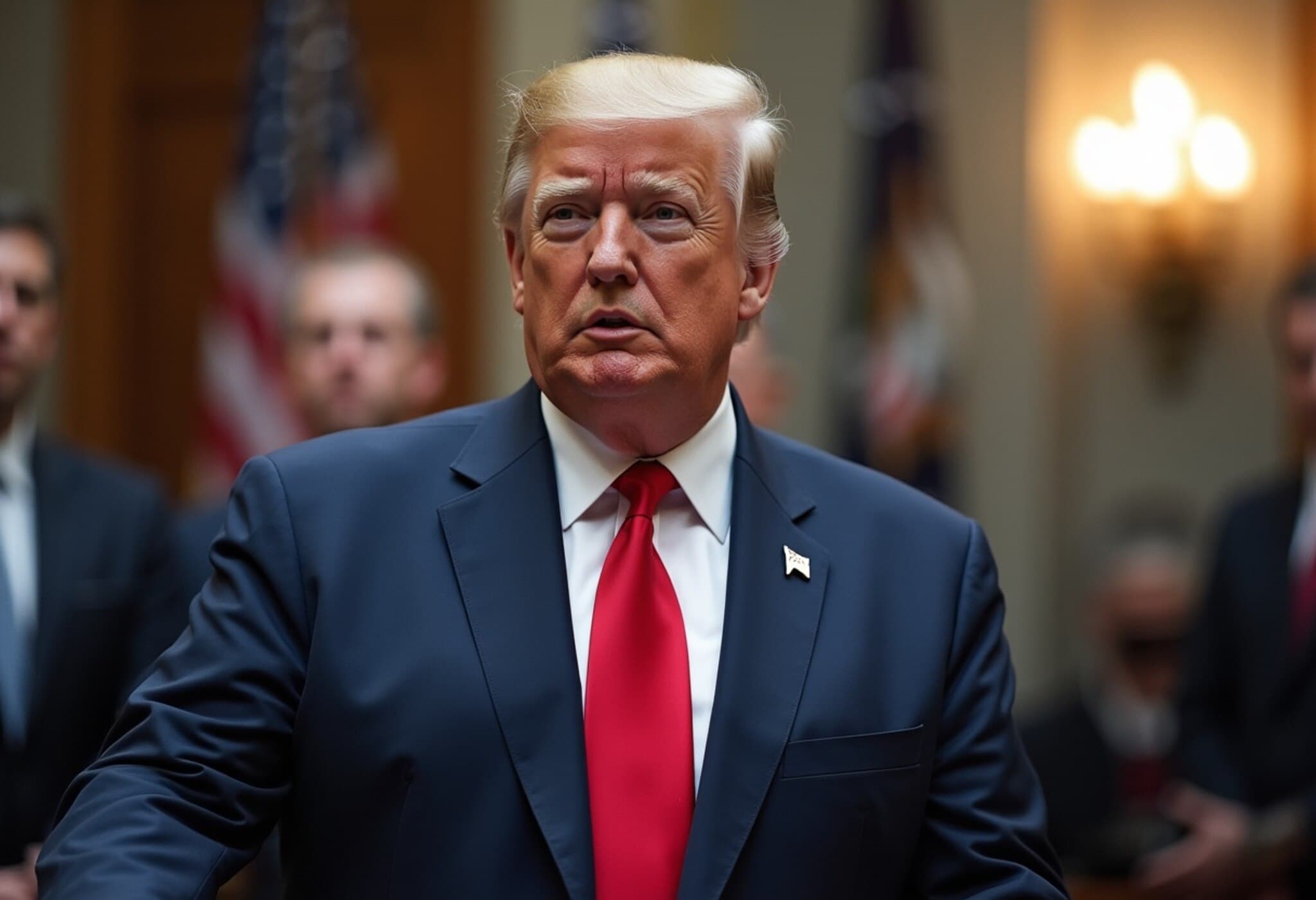Key Changes in Senate’s Version of Trump’s Tax and Spending Legislation
Senate Republican leaders have unveiled their version of President Trump's sweeping tax and spending package, introducing significant modifications compared to the House-approved bill last month. Notably, the Senate plan proposes deeper cuts to Medicaid, tighter caps on state and local tax deductions, and adjustments to various tax credits and business provisions. Here's a detailed look at the differences shaping up in Washington.
Delayed and Reduced 'Revenge' Tax on Foreign Investors
One of the most controversial elements, the so-called Section 899 'revenge' tax, aimed at individuals and businesses from countries with perceived discriminatory tax policies, has been softened in the Senate version. Unlike the House bill, which would implement a 20% rate increase over four years, the Senate proposes a gradual phased approach starting in 2027, capping at 15%. This move intends to ease concerns among foreign investors unsettled by previous trade tensions and fiscal uncertainty.
Stricter Limits on State and Local Tax (SALT) Deductions
While the House bill allowed up to $40,000 in SALT deductions, the Senate dramatically lowers this cap to $10,000. This reduction is particularly contentious since lawmakers from high-tax states like New York and California oppose tighter limits. However, the Senate GOP, lacking representation from these areas, regards this figure as a placeholder during ongoing negotiations.
Auto Loan Interest Deduction Curtailed
The Senate proposal narrows a House provision that enables buyers of American-made vehicles to deduct up to $10,000 annually in auto loan interest through 2028. This deduction would only apply to new vehicles under the Senate plan, opposed to the House’s broader approach. Notably, Senator Bernie Moreno of Ohio, a former car dealer, championed this modification but did not succeed in making the benefit permanent, as it remains a temporary incentive.
Electric Vehicle Credit Faces Earlier Sunset
The popular $7,500 electric vehicle tax credit would phase out sooner under the Senate bill, ending 180 days after the legislation's enactment rather than at year-end as in the House version. The specific timeframe may influence buyers’ decisions depending on when the bill is enacted.
Expanded, Permanent Child Tax Credit In Senate Plan
Both chambers agree on boosting the child tax credit but diverge in details. The Senate raises the credit from $2,000 to $2,200 per child, making it permanent and indexed for inflation. In contrast, the House boosts it to $2,500 with a planned reduction after 2028.
Limits on Tax Exemptions for Tipped Income and Overtime
The Senate imposes caps on exemptions for tipped wages and overtime, restricting the benefits to a maximum of $25,000 for tipped income and $12,500 for individual overtime. These breaks phase out for higher earners and expire after 2028, aligning with the House approach but with specific income thresholds.
Increased Standard Deduction Boost for Seniors
Addressing senior taxpayers, the Senate increases the bonus standard deduction for those over a certain age from $4,000 to $6,000, aiming to better offset Social Security taxes in line with prior commitments.
More Aggressive Medicaid Cuts and Work Requirements
The Senate bill takes a tougher stance on Medicaid reductions aimed at balancing the budget and supporting tax cuts. Unlike the House, the Senate plan imposes deeper funding cuts and introduces work or community service requirements for parents with children aged 15 and older—a policy not included in the House version. This approach favors states that did not expand Medicaid under the Affordable Care Act.
Scaled-Back Tax on University Endowments
The Senate significantly limits a House-proposed increase in taxes on private university endowment investment income. Instead of a 21% levy, the Senate caps it at 8% and omits proposed taxes on private foundations altogether.
Permanent Business Tax Incentives
The Senate aims to make permanent several business tax provisions set to expire after 2029 in the House bill. Key measures include:
- Research and development tax deductions
- Depreciation and amortization methods for interest expenses
- 100% bonus depreciation on most machinery and factories
Gun Regulation Rollbacks Included
In a move favoring gun-rights advocates, the Senate version removes taxes and certain regulations on many firearms and silencers governed by the National Firearms Act of 1934, marking a divergence from stricter regulatory trends.
These contrasting elements underscore the Senate GOP’s priorities in shaping President Trump’s fiscal agenda, balancing tax relief measures with deeper cuts and regulatory adjustments. Negotiations will likely continue as lawmakers work toward a final agreement.

